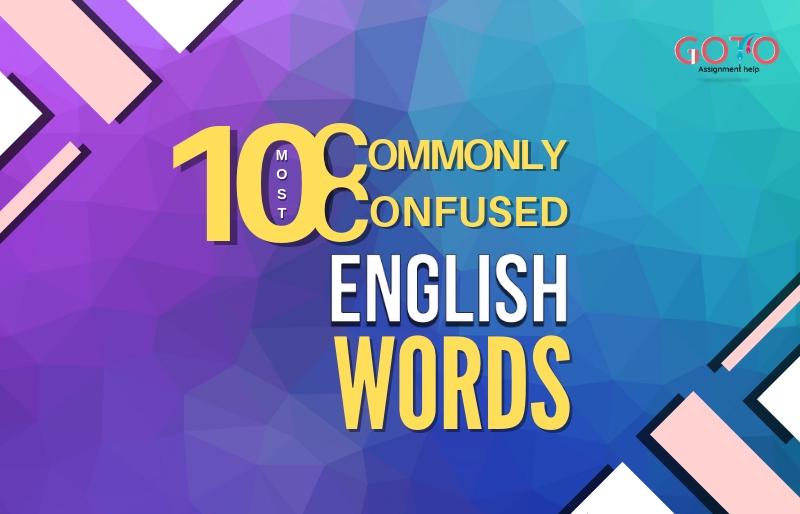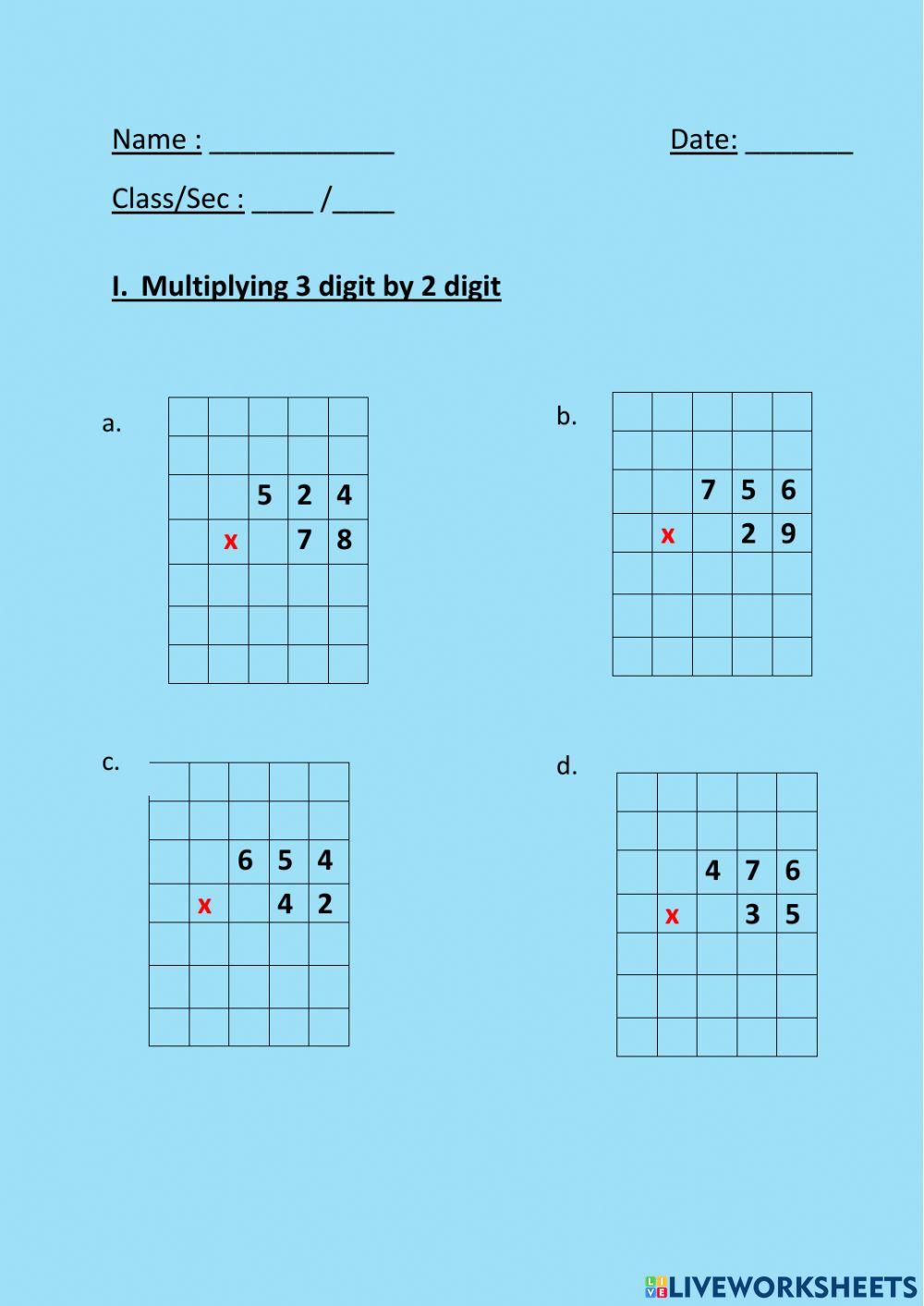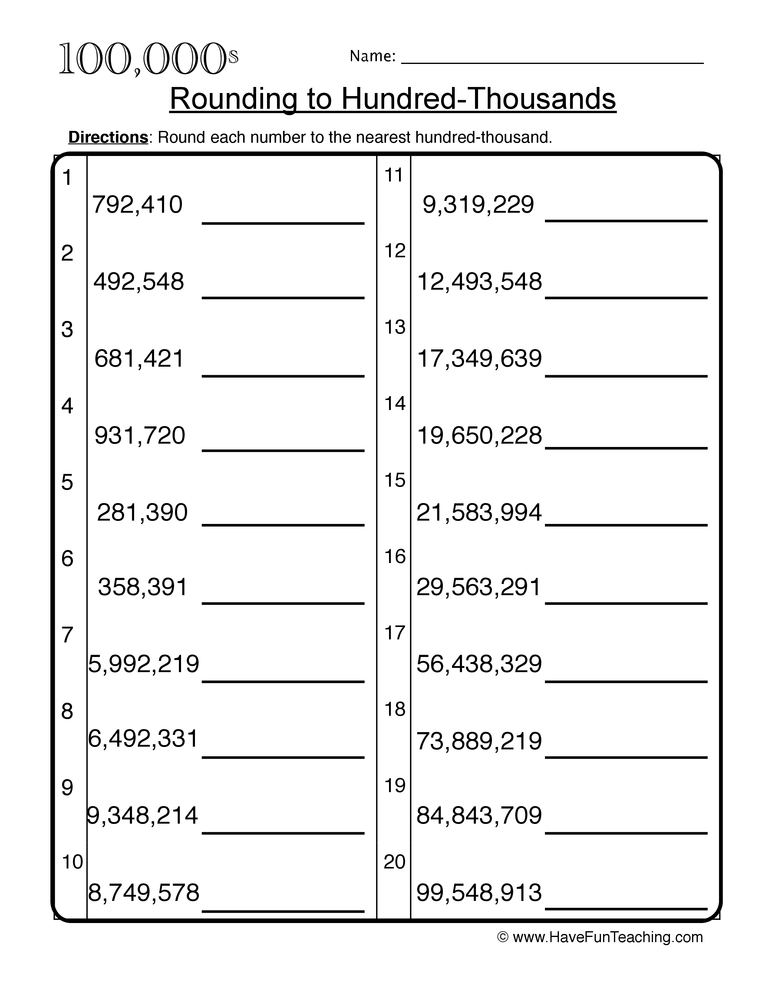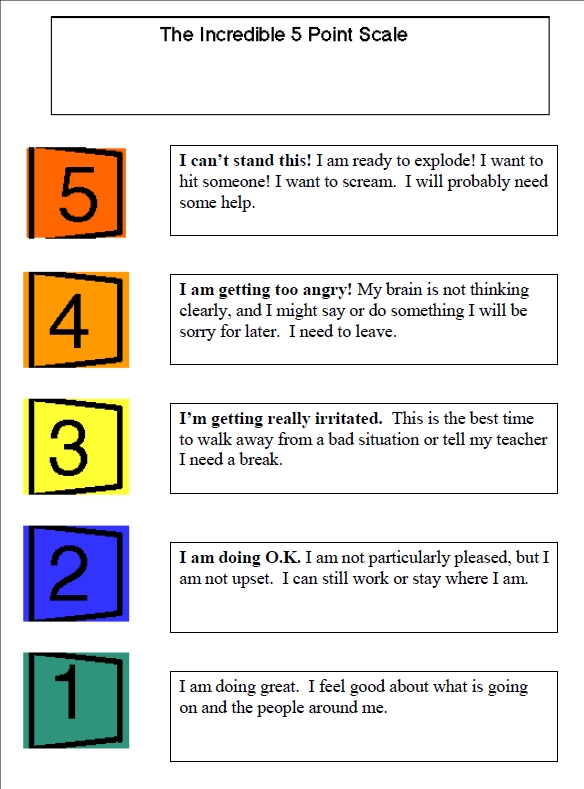10 Commonly Confused Words to Master Now

Enhance Your Writing with These 10 Commonly Confused Words
Effective writing is crucial in all aspects of life, from academic papers to professional communication. One key aspect of strong writing is using the correct words to convey your intended meaning. However, there are certain words that are frequently confused with one another due to their similarities in spelling, pronunciation, or meaning. Mastering the correct usage of these commonly confused words can significantly enhance the clarity and impact of your writing.
1. Affect vs. Effect
- Affect is a verb that means to influence something or someone.
- Example: “The rain will affect the parade.”
- Effect, on the other hand, is a noun that refers to the result of a particular action.
- Example: “The effect of the rain on the parade was cancellation.”
2. Accept vs. Except
- Accept is a verb that means to receive something willingly or to agree with something.
- Example: “I accept your invitation.”
- Except is a preposition that means excluding or leaving out.
- Example: “I like all vegetables except for Brussels sprouts.”
3. Assure vs. Ensure vs. Insure
- Assure is a verb that means to make someone confident or certain about something.
- Example: “I assured her that everything would be okay.”
- Ensure means to make certain or guarantee something.
- Example: “I ensured that the door was locked before leaving.”
- Insure is primarily used in the context of insurance, although in American English, it’s often used interchangeably with ensure.
- Example: “I insured my house against natural disasters.”
4. Farther vs. Further
- Farther refers to physical distance.
- Example: “I ran farther today than yesterday.”
- Further is used for metaphorical or abstract distances.
- Example: “I will further my education.”
5. Fewer vs. Less
- Fewer is used for countable items.
- Example: “I have fewer books than my sister.”
- Less is used for uncountable quantities.
- Example: “I have less water than you.”
6. Its vs. It’s
- Its is a possessive pronoun.
- Example: “The cat chased its tail.”
- It’s is a contraction of “it is” or “it has”.
- Example: “It’s a beautiful day today.”
7. Lay vs. Lie
- Lay is a transitive verb that means to place or put something down.
- Example: “Lay the book on the table.”
- Lie is an intransitive verb that means to recline or be in a resting position.
- Example: “I’m going to lie down for a nap.”
8. Peace vs. Piece
- Peace refers to a state of tranquility or the absence of war.
- Example: “I wish for world peace.”
- Piece can refer to a portion of something or an artistic work.
- Example: “I’m reading a piece on the history of Rome.”
9. Than vs. Then
- Than is used for comparisons.
- Example: “I like reading more than watching movies.”
- Then indicates time or a consequence.
- Example: “I will finish this task, and then I will help you.”
10. Who’s vs. Whose
- Who’s is a contraction of “who is” or “who has”.
- Example: “Who’s going to the party?”
- Whose is a possessive pronoun.
- Example: “Whose book is this?”
By understanding and correctly using these commonly confused words, you can significantly enhance the clarity, professionalism, and overall quality of your writing.
Incorporating these words into your vocabulary and using them accurately will take practice. Start by making a conscious effort to recognize the differences between these words in your reading and writing. Over time, the correct usage of these words will become second nature, making you a more effective and confident writer.
💡 Note: Consistency is key. Ensure that you use the same spelling and grammar rules throughout your writing for the best results.
Why are commonly confused words so important in writing?
+Mastering commonly confused words is crucial because it helps in conveying the intended meaning clearly, making the writing more effective and professional.
How can I remember the difference between affect and effect?
+A simple trick is to remember that “affect” starts with an “a,” which stands for action. Effect starts with an “e,” standing for end result.
What’s the most effective way to practice using these words correctly?
+Practice by writing short paragraphs or essays that incorporate these words. Read widely and pay attention to how these words are used in different contexts.



